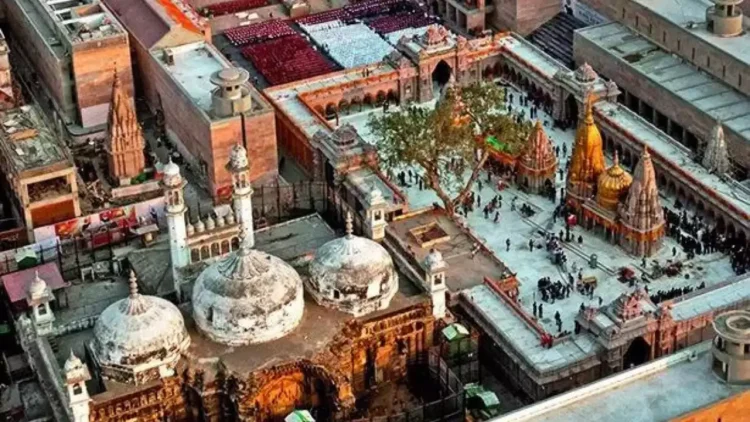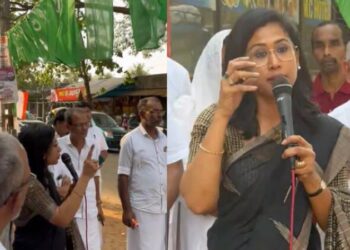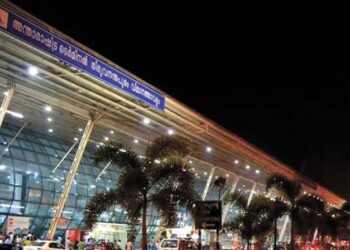Varanasi: A team from the Archaeological Survey of India (ASI) arrived at the Gyanvapi mosque complex in Varanasi on Saturday morning to proceed with a court-ordered scientific survey. This survey, authorised by the Allahabad High Court, is meant to ascertain whether the mosque was constructed atop a pre-existing temple, with the exception of the Wuzu Khana area. Tight security measures have been implemented during the survey, which commenced around 9:00 am.
Sudhir Tripathi, a lawyer representing the Hindu side, expressed hope that the scientific survey would bring clarity to the matter. “We welcome it. We want the matter to be resolved soon. The survey will clarify everything,” Tripathi remarked, highlighting their cooperation.
The Allahabad High Court had previously dismissed a plea by the Anjuman Intezamia Masjid Committee, a Muslim party, challenging the Varanasi court’s decision that allowed ASI to carry out the scientific survey. The survey, ordered by the Varanasi district judge, commenced following an application submitted by four Hindu women in May 2023. The district judge’s order excluded the Wuzu Khana area, where claims of a “Shivling” discovery were made last year.\
The Supreme Court declined to halt the ASI’s scientific survey, asserting that the entire process would be conducted without excavation and without causing harm to the structure. The Chief Justice of Allahabad High Court had affirmed that no drilling, cutting of stone, or damage to the existing structure would occur during the survey.
Despite objections from the mosque committee, the court maintained that the survey should proceed with a non-invasive methodology, culminating in a report. The court emphasised the need for the ASI to conduct the survey, even as the committee expressed concerns about the potential to reopen historical wounds. The survey has ignited debates surrounding the uncovering of the past and its impact on religious sentiments and legal frameworks.












Comments